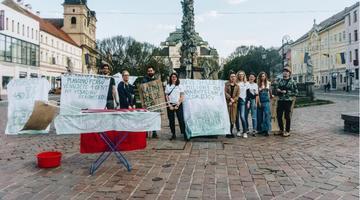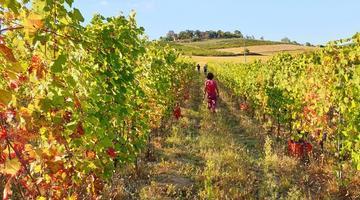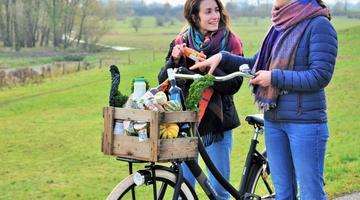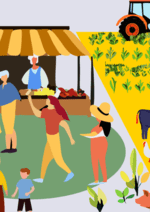New report calls for Europe to rethink Its approach to sustainable food
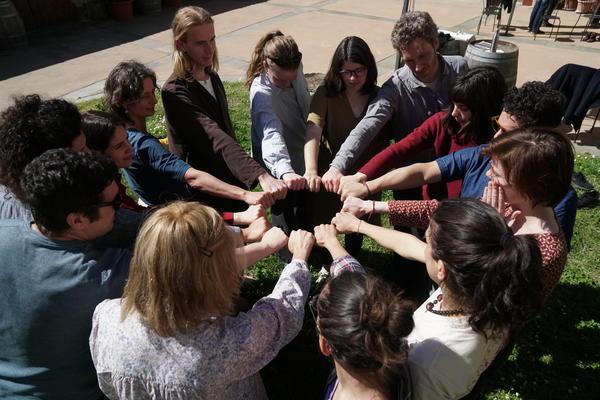
A new report released this week by the EU-funded SHARED GREEN DEAL project highlights a growing tension at the heart of Europe’s food transition: while community-led experiments are taking root across the continent, and EU funding individual small-scale actions through various programmes, both national and EU-level systems are failing to create the conditions for local action to become the norm.
And the cost is a Europe that is less healthy, more polluted and facing an ever-worsening biodiversity crisis.
In addition to theory, the report draws on four interventions in four different communities spread over Europe, namely in Stockholm (Sweden), Monferrato (Italy), Wageningen (the Netherlands) and Kosice (Slovakia), where local partners of SHARED GREEN DEAL, each of which brought together local actors to co-develop practical visions for more just and sustainable food systems.
As the report concludes:
"The local initiatives we worked with felt that EU policies mainly support large-scale farming and large-scale processing with a focus on technological solutions instead of cultural and behavioural shifts, leading to dominant industrial food systems that small-scale local food initiatives struggle to compete with. The local initiatives all identified systemic transition barriers that hinder them in developing agroecological food systems in their local context."
The local work was done using an arena approach – a method of collective visioning and planning – which offers a promising model for mobilising community knowledge and commitment. Participants each joined multiple local assemblies, first highlighting issues and barriers, then imagining best cases before finally seeking out the actions to take and changes to make.
What the researchers found was a consistent pattern: despite successfully engaging diverse participants — including farmers, school staff, activists, local officials, and consumers — the initiatives were overwhelmingly forced to focus their real-world actions exclusively at the local level.
In contrast, the structural barriers they identified — from procurement rules to advertising laws and land access — were almost exclusively national and European domains.
Recommendations for future action
The authors, who include researchers from DRIFT for Transition, Institute of Social Sciences at the University of Lisbon and representatives of the Slow Food Youth Network, argue, that if Europe is serious about transforming its food systems, it needs to learn from those driving local action about the existing institutional barriers.
Their recommendations include:
- Redesigning procurement rules to better allow preference for local, healthy, and sustainably produced food.
- Strengthening networks of local food initiatives, so they can act together to influence national and EU-level policy.
- Address structural barriers to healthy and sustainable food, by increasing food literacy, limiting damaging advertising and assessing legal barriers.
Find the full set of recommendations and the report ‘Scaling food systems transitions’ here.
Related Green Deal Priorities
Related localities
Related events
Related Resources


CONTACT
For further details please contact co-leads Professor Chris Foulds (chris.foulds@aru.ac.uk) and Professor Rosie Robison (rosie.robison@aru.ac.uk).

This project has received funding from the European Union’s Horizon 2020 research and innovation program under grant agreement No 101036640. The sole responsibility for the content of this website lies with the SHARED GREEN DEAL HAS project and does not necessarily reflect the opinion of the European Union.
